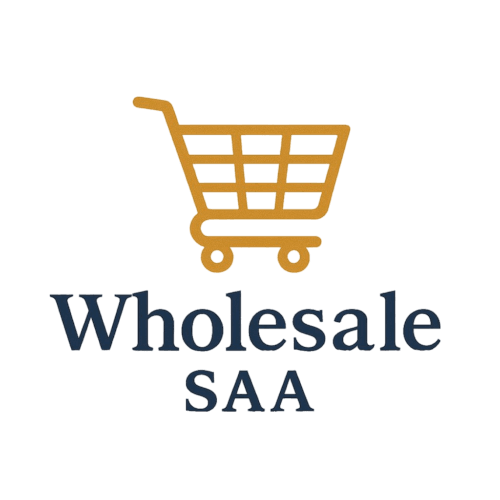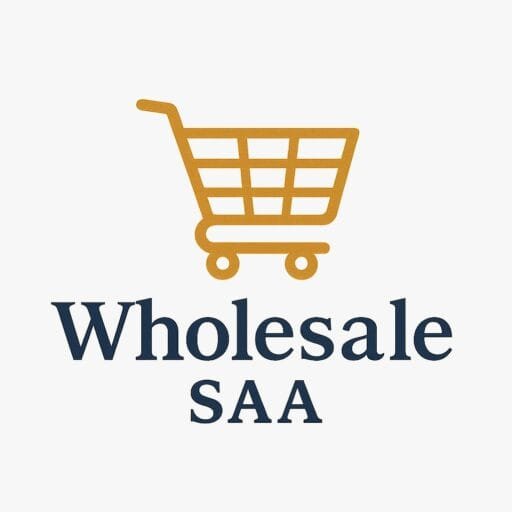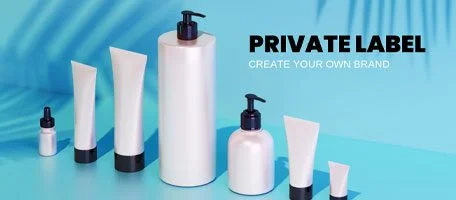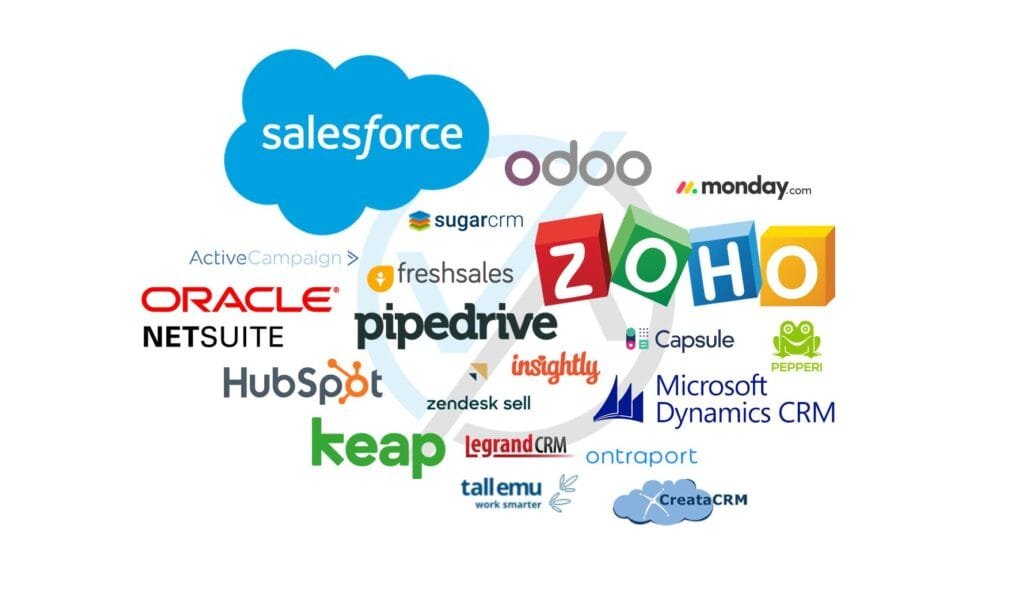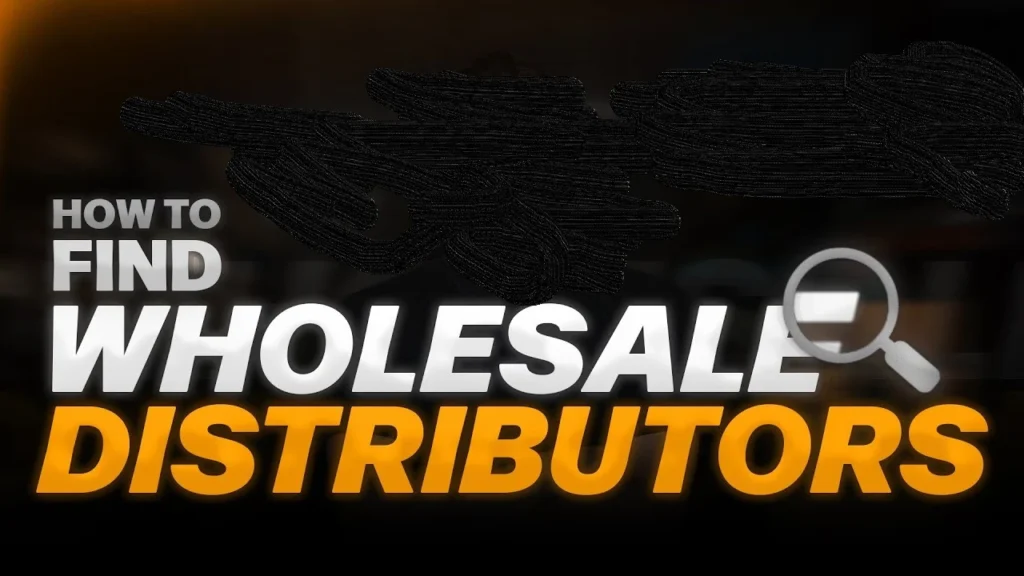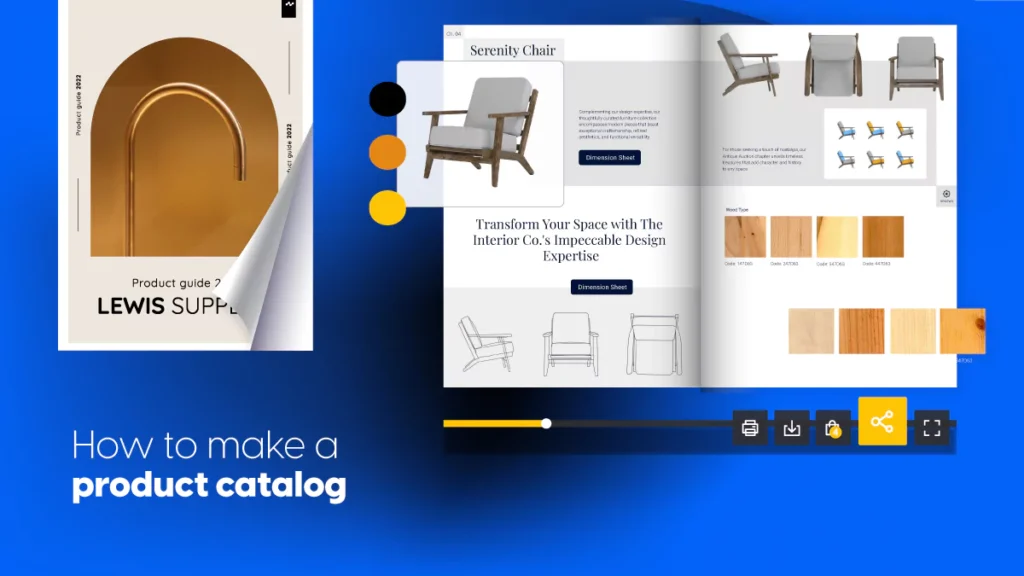Have you ever stood in a store, held a product, and thought, “I could sell something like this under my own brand”? You’re not alone. More people are looking for ways to escape the 9 to 5 grind, create a brand they’re proud of, and build income streams that make sense. That’s where learning how to start your own private label brand becomes a game-changer.
Whether you’re eyeing the clothing industry, skincare, gadgets, or even coffee mugs, this guide will walk you through how to start your own private label brand, from the idea phase to launching and growing it.
Let’s break it down step by step in the simplest way possible.
What is a Private Label Brand?
A private label brand is a product that’s manufactured by a third party but sold under your brand name. You control the packaging, branding, and sometimes even the product specs, but you don’t make it yourself.
Think:
- Great Value (Walmart)
- AmazonBasics
- Kirkland Signature (Costco)
Private labeling allows you to build a business and a recognizable brand without owning a factory or warehouse.
How to Start Your Own Private Label Brand in 7 Steps
Step 1: Choose a Profitable Niche You Understand
This is where many people rush and later regret it. Instead of chasing trends, choose a niche you understand or are genuinely interested in.
Ask yourself:
- What problems do I experience or hear about often?
- What products do I already use that could be improved?
- What do I have experience with—fitness, beauty, tech, parenting?
If you’re starting a private label clothing line, for example, think about:
- The specific audience (teens, plus-size women, Gen Z)
- Style preferences (urban, athleisure, minimalist)
- Local demand (great if you’re targeting a market like Nigeria or inner US cities)
Pro Tip: Use Google Trends, Reddit, or Amazon Best Sellers to validate ideas.
Step 2: Research and Source Your Product
Once your niche is locked in, find a supplier or manufacturer who can produce your product.
Options include:
- Alibaba: Ideal for large orders from manufacturers
- Printful or Printify: Great for custom apparel and dropshipping
- ThomasNet (US-based): Find American manufacturers
When contacting suppliers:
- Ask for MOQs (Minimum Order Quantities)
- Request product samples
- Check for white-label options
If you want to start a private label business in fashion, look for clothing suppliers who offer private labeling, custom tags, and flexible design input.
Step 3: Create a Memorable Brand Identity
This isn’t just about a pretty logo. Your brand identity includes:
- Brand name (short, catchy, and trademark safe)
- Logo (use tools like Canva or hire a designer)
- Color palette and style
- Messaging and values
Think about the emotional vibe you want your brand to give off. Minimalist? Bold? Eco-conscious? Your packaging, tone of voice, and website should reflect this.
Step 4: Register Your Brand and Handle Legal Stuff
To protect your brand, you need to do some paperwork (sorry, there’s no skipping this part).
In the United States, you’ll need to:
- Register a business entity (LLC, S Corp, or sole proprietorship)
- Apply for a trademark through the USPTO
- Get an EIN for tax purposes
For those in Nigeria, steps include:
- Registering with CAC
- Getting a TIN
- Exploring NAFDAC approval (if selling consumables or cosmetics)
Legal foundations may not be exciting, but they keep your future self from screaming, “Jesus!” later.
Step 5: Design Product Packaging and Prepare for Production
Good packaging isn’t just for aesthetics—it builds trust. Customers associate packaging with quality.
Checklist for Packaging:
- Is it eco-friendly or reusable?
- Does it include your brand name and logo?
- Is the labeling legally compliant (especially for food or cosmetics)?
Once everything’s ready, place your first production order. Start small to minimize risk. For example, if you’re launching a private label skincare line, order 50 to 100 units first, test the market, and gather feedback.
Step 6: Set Up an Online Store and Sales Channels
The fun begins—your store is your brand’s home.
Tools to Use:
- Shopify: Easy drag and drop builder
- WooCommerce (WordPress plugin)
- Etsy, Amazon, or Jumia (for Nigeria): Additional exposure
Make sure your product pages are optimized for search engines (SEO):
- Use keyword-rich titles and descriptions
- Add clear product photos
- Include reviews and social proof
Bonus tip: Use TikTok or Instagram Reels to show your product in real life. Raw, relatable content performs well.
Step 7: Market Your Brand and Build a Loyal Audience
You’ve got your products, packaging, and platform. Now it’s time to get eyeballs.
Marketing Tactics That Work:
- Influencer partnerships: Micro influencers often have more trust and engagement
- Email marketing: Build a waitlist before launch
- Referral programs: Reward people for spreading the word
- TikTok & Instagram: Share your story, process, and packaging journey
People don’t just buy products—they buy stories, values, and authenticity.
If you’re learning how to start up a brand from scratch, this is where consistency wins. Talk to your audience like you would to a friend. Be present, responsive, and real.
FAQs
How do I start my own private label clothing line?
To start a private label clothing line, choose a niche (e.g., urban streetwear), find a supplier that offers white label services, design your branding, and launch online via platforms like Shopify or Etsy. Order samples before large purchases.
How to start a private label brand?
Pick a product niche, source a manufacturer, design your brand, register your business, build an online store, and launch with strong marketing. Start small, test the market, and scale what works.
How to start a private label business in Nigeria?
Choose a product with local demand, find a supplier (local or abroad), register your business with CAC, and create an online store or sell via Jumia. Use social media marketing to build traction.
How to start up a brand?
Define your brand’s mission and values, design your identity (name, logo, voice), validate demand for your product or service, and start promoting on relevant platforms.
You Don’t Need to Be a Business Guru
Starting your own private label brand isn’t only for big companies or MBA holders. It’s for anyone tired of reselling generic products or watching good ideas die in their notes app.
By following these seven steps, you’ll not only build a product—you’ll build something people trust, recommend, and repurchase.
Take action now. One small step (even just researching suppliers today) brings you closer to a brand with your name on it.
So, what’s your niche? What kind of product do you wish had your brand stamped on it?
Tell us below—what’s your biggest challenge in starting your private label brand?
